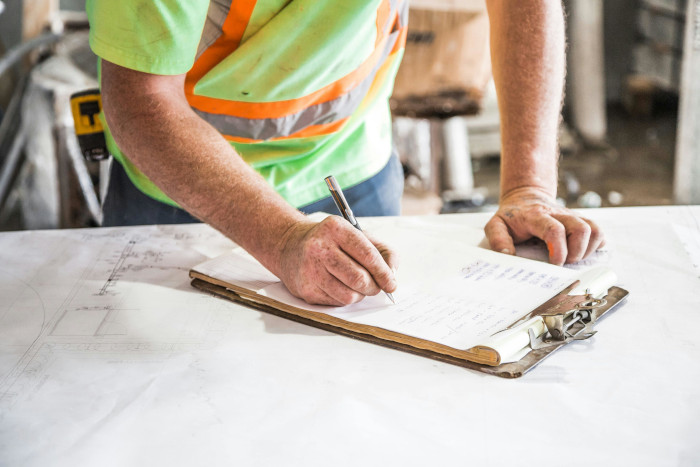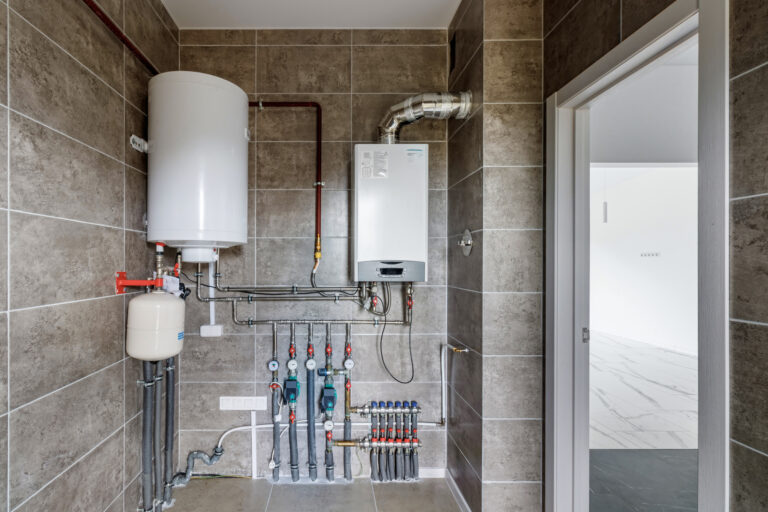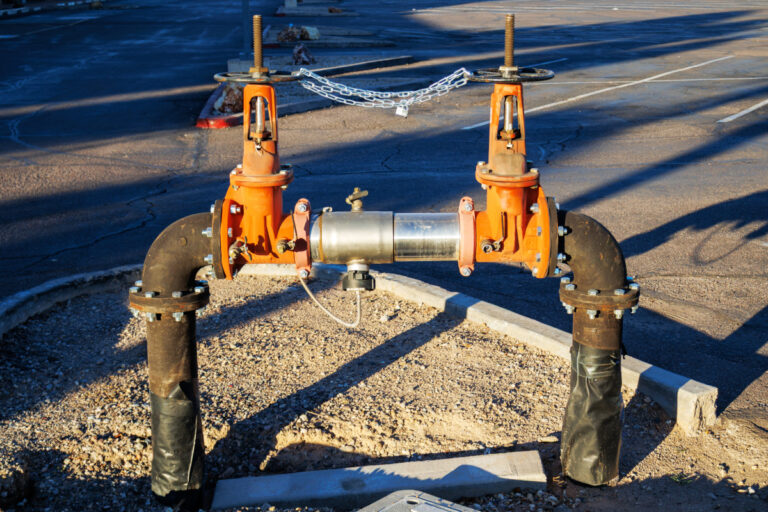A plumbing compliance certificate normally does not expire. However, its validity can be affected if:
- Changes are made to the plumbing system after the certificate is issued
- Plumbing codes and standards are updated
- The property is sold and new owners request an updated certificate
For best practice, certificates should be kept for the life of the plumbing installation or until significant renovations are completed.
What Is A Compliance Certificate?
A compliance certificate is an official document provided by a licensed plumber to confirm that their work meets all required plumbing laws and standards.
- Only licensed plumbers are authorised to issue compliance certificates, registered plumbers cannot provide them.
- Plumbing work covered by a compliance certificate is protected under the licensed plumber’s insurance for six years.
Why Do I Need A Licensed Plumber For Building Compliance And Plumbing Compliance Certificates?
Plumbing work must meet strict building codes, permits, and safety regulations. Licensed plumbers understand these requirements and ensure all work complies, protecting you and helping you avoid costly legal issues.
A licensed plumber can quickly identify problems, provide reliable solutions, and deliver work to the highest standard. They also carry liability insurance and offer workmanship warranties. This means if the same issue arises again, they will return to fix it at no extra cost.
Why Do You Need A Plumbing Certificate In Queensland For Proper Plumbing Management?
For landlords, a compliance certificate allows you to charge tenants for their water usage, provided the property has its own meter and is fitted with water-efficient fixtures. This not only promotes responsible water use by tenants but also supports long-term water conservation.
What Happens Without A Plumbing Compliance Certificate?
Not having a plumbing compliance certificate when required can cause serious problems:
- Legal issues: You may face fines or legal action for not meeting regulations.
- Insurance concerns: Your policy may not cover plumbing-related damages.
- Safety risks: There’s no guarantee the work is safe or meets standards.
- Property sales: Missing certificates can make selling harder or reduce property value.
- Future costs: Non-compliant work often leads to expensive repairs later.
Retaining And Accessing Compliance Certificates
To obtain a plumbing compliance certificate, follow these steps:
- Hire a licensed plumber: Only licensed plumbers are authorised to issue certificates.
- Plumbing work completed: The plumber carries out the job in line with all standards and regulations.
- Inspection: The plumber inspects the finished work to confirm compliance.
- Certificate issued: If the work meets requirements, the plumber provides the compliance certificate.
- Keep records: Store the certificate safely for future use, such as property sales or renovations.
For gas installations, a gas compliance certificate follows a similar process, with additional safety checks specific to gas systems.
What Final Information Is Included In A Plumbing Certificate Of Compliance?
A plumbing compliance certificate usually includes:
- The property address where the work was completed
- A description of the plumbing work carried out
- The date the work was finalised
- The plumber’s name and licence number
- A declaration confirming the work meets all plumbing laws and standards
- Any conditions or limitations that apply to the certificate

What Plumbing Work Must A Compliance Certificate Be Issued For, And What Are The Requirements?
In Queensland, a plumbing compliance certificate is required even if the total value of the work is under $750. A certificate must be issued for work such as:
- Below-ground sanitary drains or connected gullies
- Installing, relocating, replacing, or converting any gas appliance
- Installing, modifying, or relocating consumer gas piping (unless completed by a gas company)
- Constructing, installing, relocating, altering, or replacing a cooling tower
Requirements for a Compliance Certificate
- The certificate can only be issued by a licensed plumber (not a registered plumber).
- The plumber must ensure the work complies with all relevant plumbing laws, standards, and codes.
- The certificate should include details such as the property address, description of work, plumber’s name and licence number, date of completion, and a declaration of compliance.
- Homeowners should keep the certificate for future property sales, insurance claims, or renovations.
Obtaining a compliance certificate is a legal requirement for many types of plumbing work. It provides several important benefits:
- Legal compliance: Confirms the work meets all laws and regulations
- Safety assurance: Ensures the work is carried out safely and to the required standards
- Insurance protection: Many insurers require certificates for plumbing-related claims
- Property transactions: Certificates may be requested during sales to prove compliance
- Peace of mind: Gives homeowners confidence their plumbing system is safe and reliable
Crew Plumbing: Trusted In All Things Plumbing And Plumbing Regulations
At Crew Plumbing, we know it’s important to follow the rules for all plumbing jobs. Our licensed plumbers understand the laws in Queensland and make sure every job is safe and done properly. We also give you the compliance certificates you need so you can feel confident about the work.
Whether it’s a new plumbing job, a big repair, or gas work, we can help. Our team will explain what’s needed and make sure you get the right paperwork.
Compliance isn’t just about paperwork, it’s about keeping your plumbing safe and lasting a long time.
Don’t risk unsafe or non-compliant work. Trust Crew Plumbing to take care of it, and know your property is in good hands.
Contact Crew Plumbing today for expert plumbing services and advice on compliance certificates.



